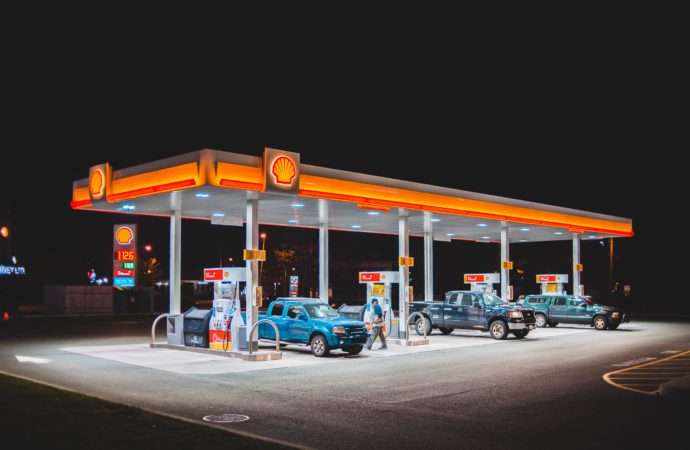Gas prices are high.
You probably don’t need me to tell you. It’s plainly obvious that prices at the pump have been steadily creeping up for weeks. But you might not be aware that prices in Colorado have experienced a meteoric rise far beyond what the rest of the country has been experiencing.
In fact, despite being a significant oil and gas producer, Colorado now enjoys the dubious distinction of having the fifth-highest average gas price in the country.
According to the Denver Gazette:
Gas prices have jumped again in Colorado, this time to 69 cents higher than the national average, according to data from AAA. According to the website, Colorado now has the fifth-highest average gas price in the United States.
As of Tuesday morning, the average price of gallon of regular fuel in Colorado was $4.102, representing a nearly 49 cent increase from just one month prior. Comparatively, the national average is sitting at about $3.402.
The primary driver of this spike in gas prices has been the shutdown of the Suncor refinery back in December after the Christmas eve cold snap damaged the facility, necessitating extensive repairs.
The plant is Colorado’s only oil refinery. It is responsible for anywhere from 30-40 percent of the state’s gasoline, 50 percent of the state’s diesel fuel, 30 percent of the jet fuel used by airlines at DIA, and nearly all of the asphalt used to pave the state’s roads. Since the Commerce City plant’s emergency closure in December, gas prices have increased by more than $1.00 per gallon.
Colorado now has gas prices on par with states like California, Hawaii, Nevada, and Washington state, and they could be even higher if not for the dip in demand for gas caused by the unfriendly driving conditions created by a cold and snowy winter. Had the shutdown occurred during the summer months, when vehicle miles traveled and gasoline demand are at their highest, the gas price hike of the last two months would likely have been doubled.
Yet despite this fact, and the economic pain it’s causing among those who can least afford it, many in Colorado are still rooting for the permanent closure of the Suncor facility.
Case in point, this Denver Post article from the day before AAA announced that Colorado had obtained its spot among the top five states in gasoline prices, subtly titled: “What happens if Suncor’s Colorado refinery closes?”
From the lede of the article:
The suggestion surfaces almost every time Suncor Energy is in the news in Colorado.
Close the refinery.
It comes up during permit hearings or when the company is tagged with another air pollution violation or, most recently, with the extended shutdown of its Commerce City operations.
Fortunately, the state is not yet ready to shut down the refinery permanently. But the experience has demonstrated that no amount of economic hardship is enough to dissuade certain types of environmental activists from pushing in that direction.
State policymakers are getting a brief test run of what a Colorado without its only refinery is like, and the economic costs are stark. They must bear that in mind while the environmental pressure campaigns inevitably persist.
As for the refinery itself, if all goes well, it will be back up and running under normal conditions in either March or April. That should hopefully provide some price relief for Colorado consumers. However, it will be arriving at a time when seasonal demand pressures are just beginning to increase, which could blunt some of the cost savings drivers would otherwise be receiving.
According to the Energy Information Administration (EIA):
Prices are normally lower during the first quarter before rising in the spring and peaking during the summer driving season. As a result, we expect prices to increase in April as well, to reflect normal seasonal demand patterns, even though we expect the refinery to have come back online by that time, in line with Suncor’s announced expectations.
Furthermore, the state’s new gas tax increase—2 cents at first but with incremental increases each following year—is now set to go into effect in April. And starting next year, gas stations along the metro area will be forced to sell reformulated gasoline during the summer months after the EPA downgraded the region’s ozone non-attainment status and Governor Polis waffled in his desire to fight back. That switch is expected to boost gas prices by an additional 30-50 cents per gallon.
As with so much in energy policy, small regulatory changes can have an additive effect on costs over time. They can also exacerbate short-term shocks caused by acts of the god, as is the case with the Suncor emergency. It would behoove Colorado policymakers to remember that the next time a gas tax, sorry, “fee” is under consideration or a new round of air quality regulations is being proposed.








